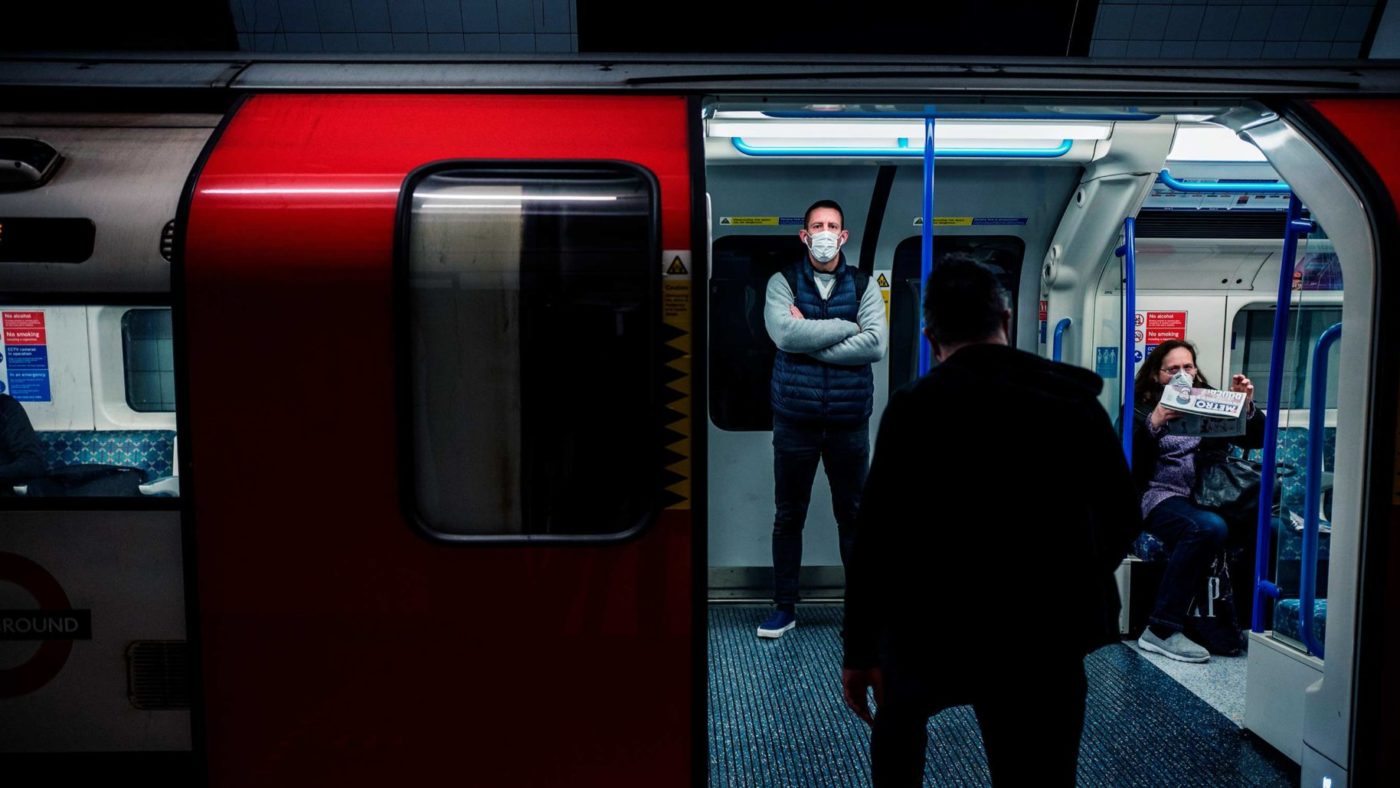Even before last week’s £1.6bn bailout of Transport for London, subsidising the capital’s transport represented a massive transfer from taxpayers in the rest of the country. Despite annual subsidies of around £3bn, including ‘revenue grant income’, TfL’s finances were in a mess long before the current pandemic caused a collapse in passenger numbers.
But don’t expect Londoners to be unduly grateful for this beneficence from their fellow countrymen. Our experience has been one of high fares, overcrowding, delays, cancellations and inefficiency.
The financial picture certainly isn’t pretty. First, there’s TfL’s £13 billion of debt, which means it pays over £400 million a year in interest payments alone. One way of reducing that pile might be to offload some of its property assets, which total some 5,700 acres – an area bigger than the entire borough of Camden. Granted, that includes roads and tracks, but there is also plenty of surplus land that could be used for much-needed housing.
We should also be looking at reforming the bus network, which loses over £700 million a year. Even under normal circumstances, some routes would be virtually devoid of passengers – though others would be crammed. It would be better to allow competition to operate and for London Buses to be sold to anyone willing to have a go at making it a viable business.
Staffing is an issue too, with overmanning at all levels of TfL. Sir Horace Cutler, the former Leader of the Greater London Council, was asked how many people worked at TfL he would reply: “About half of them”. There are currently over 27,000 staff on the payroll. Over half of them – 14,859 – are earning over £50,000 a year. Even that figure “excludes pension contributions paid by the employer”.
Altogether there are 171 TfL staff paid over £100,000 a year. To help them along millions more is handed over to management consultants each year. But where is the delivery? Big infrastructure projects have fallen behind. Crossrail, also known as the Elizabeth Line, was supposed to open a couple of years ago.
There are 4,000 tube drivers – basic pay is £55,000 a year but most of them are earning between £70,000-£80,000 a year. Driverless trains would reduce costs and avoid strikes. The Docklands Light Railway has shown that they also improve safety. TfL employs lots of health and safety officers. But the difficulty is that management are under pressure not to sack tube drivers for breaching safety guidelines lest it prompts strike action. Even a couple of years ago when a driver went through three red lights ago, his sacking prompted a show of union solidarity and resulted in ‘severe delays’ on the District Line.
Another indication of how the unions are appeased is that TfL spends £8 million a year on “trade union facility time” – paying staff to spend their time as trade union officials.
But I don’t want to pick on the workers, many of whom do difficult work under often challenging circumstances. The boss class is also taking us for a ride. If you are short of lockdown reading then try TfL’s Senior Staff information for Data Transparency, which goes through what all those officials on over £50,000 supposedly do.
Scroll down in wonder at the list of Ambience Delivery Managers, the People Management Advisor Specialists and the Problem-Solving & Evaluation Managers. Ponder on the difference between the Change Delivery Managers, the Change Design Managers and the Change Project Managers.
On it goes for 984 pages. Communications & Engagement Specialist. Community Partnerships Specialists. Behaviour Change Managers. Project Managers. Programme Managers. Transformation Managers. Communications & Engagement Specialists. Community Partnerships Specialists…
Clearly, some of the problems TfL is facing are the result of the extraordinary circumstances of this pandemic – not least the thousands of staff who have been furloughed due to the sharp fall in passenger numbers.
But the truth is that the problems I have detailed are more long-standing and owe much to the weak leadership of Mayor Sadiq Khan. Of course, the Conservatives are not blameless either. They continue to call for fare increases to fund investment, even though London already has higher fares than comparable cities like New York, Paris and Tokyo. A commercially rigorous approach would reduce costs, release unused assets for development and embrace new technology. If TfL then became a proper business it could gain funds for capital work from investors who could expect a worthwhile return for their money.
As well as reforming TfL to make it much more efficient, another urgent priority is curbing the excessive power of the transport unions. It’s still far too easy for far-left leaders to play to bring London to a standstill, often on the flimsiest of pretexts. It’s time for legislation to outlaw strikes in key services, including public transport.
The Government has plenty on its plate as it is, but when the dust settles and we return to something like normality, reforming London’s wasteful, bloated transport system should be an urgent priority.
Click here to subscribe to our daily briefing – the best pieces from CapX and across the web.
CapX depends on the generosity of its readers. If you value what we do, please consider making a donation.


